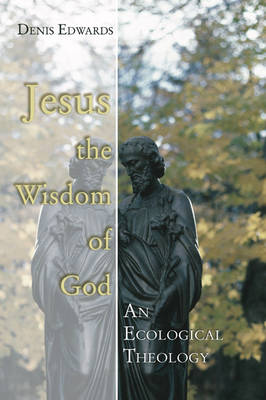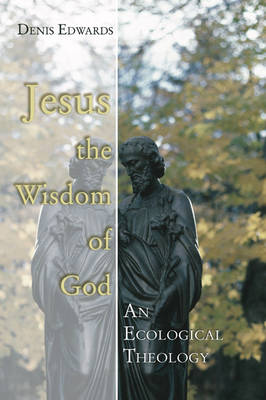
- Retrait gratuit dans votre magasin Club
- 7.000.000 titres dans notre catalogue
- Payer en toute sécurité
- Toujours un magasin près de chez vous
- Retrait gratuit dans votre magasin Club
- 7.000.0000 titres dans notre catalogue
- Payer en toute sécurité
- Toujours un magasin près de chez vous
Description
'Jesus the Wisdom of God' brings together insights from wisdom literature and contemporary creation thought in a work that brilliantly illuminates an integrated ecological theology. Adding new depth to the ethical demands of our global ecological situation, Denis Edwards argues that commitment to ecological praxis springs from the very center of Christian identity in Jesus, Trinity, and humanity. Beginning with the wisdom tradition of the Hebrew scriptures, 'Jesus the Wisdom of God' explores what it means to recover the notion that Sophia-Wisdom became incarnate in Jesus of Nazareth, and shows how the universe is altered by this Incarnation. Wisdom Christology then opens out into a view of the trinitarian God at work in ongoing creation. Edwards considers the implications of the trinitarian theology of Richard of St. Victor and St. Bonaventure, centering on the insight that every creature - including humankind - is the free self-expression of the trinitarian God. In this context humanity is revealed as integrally related to all of creation, a part of a single cosmic story. While at one with creation in evolutionary history, humanity is, at the same time, creation come to self-awareness. This train of insights leads to principles for an ecological praxis that affirms human value while insisting that humanity is a part of nature. The whole reinforces commitment to sustainability and a Franciscan attitude of reverence toward God's creation. 'Jesus the Wisdom of God', in a disciplined yet clear way, crafts an alternative to the anthropocentrism and alienation of much of Christian tradition by finding in the very roots of Christian mysticism - and Christian identity - a truly ecological theology for our time. It is profound reading for students, theologians, and all Christians concerned with ecology, and with the interface of science and theology.
Spécifications
Parties prenantes
- Auteur(s) :
- Editeur:
Contenu
- Nombre de pages :
- 222
- Langue:
- Anglais
Caractéristiques
- EAN:
- 9781597520508
- Date de parution :
- 12-01-05
- Format:
- Livre broché
- Format numérique:
- Trade paperback (VS)
- Dimensions :
- 155 mm x 230 mm
- Poids :
- 340 g

Les avis
Nous publions uniquement les avis qui respectent les conditions requises. Consultez nos conditions pour les avis.






